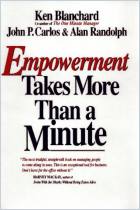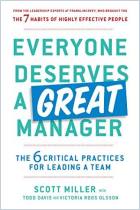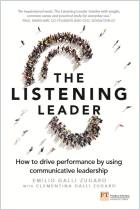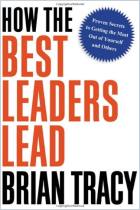Зарегистрируйтесь на getAbstract, чтобы получить доступ к этому краткому изложению.

Зарегистрируйтесь на getAbstract, чтобы получить доступ к этому краткому изложению.
John Cioffi and Ken Willig
The Winning Manager's Playbook
6 Practices Every Manager Needs to Succeed
Career Press, 2013
Что внутри?
Old habits die hard, but to become a successful manager, you’ll need to develop and implement six new ones.
Recommendation
Navigating a business requires not only doing “things right” but also doing the “right things,” which, in essence, means being both a good manager and a competent leader. If the weight of that responsibility panics you, pick up this book by management consultants John Cioffi and Ken Willig. They narrate a valuable crash course on management, peppering their lessons with the adventures of “Mike,” a fictional manager, and with numerous anonymous “true stories,” which the authors amassed from their experiences in the field. getAbstract finds that this savvy guide provides a basic, pragmatic road map for managers, especially novices.
Summary
About the Authors
Ken Willig, a CEO coach, founded GoalMakers Management Consultants. John Cioffi, his partner at GoalMakers, is a coach and public speaker.

















Comment on this summary